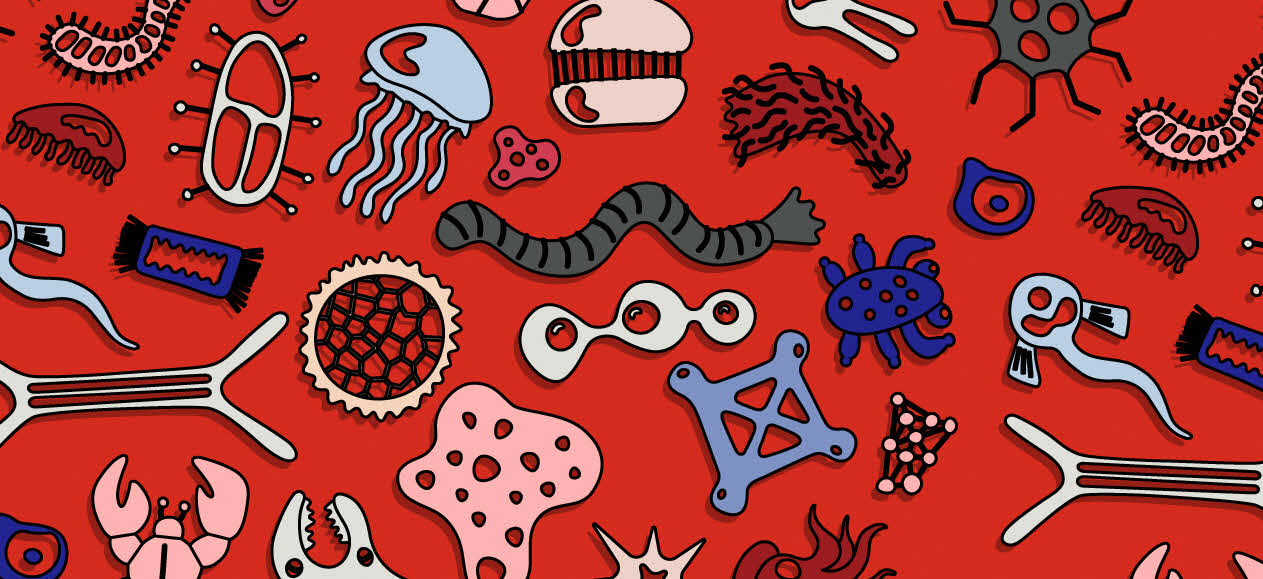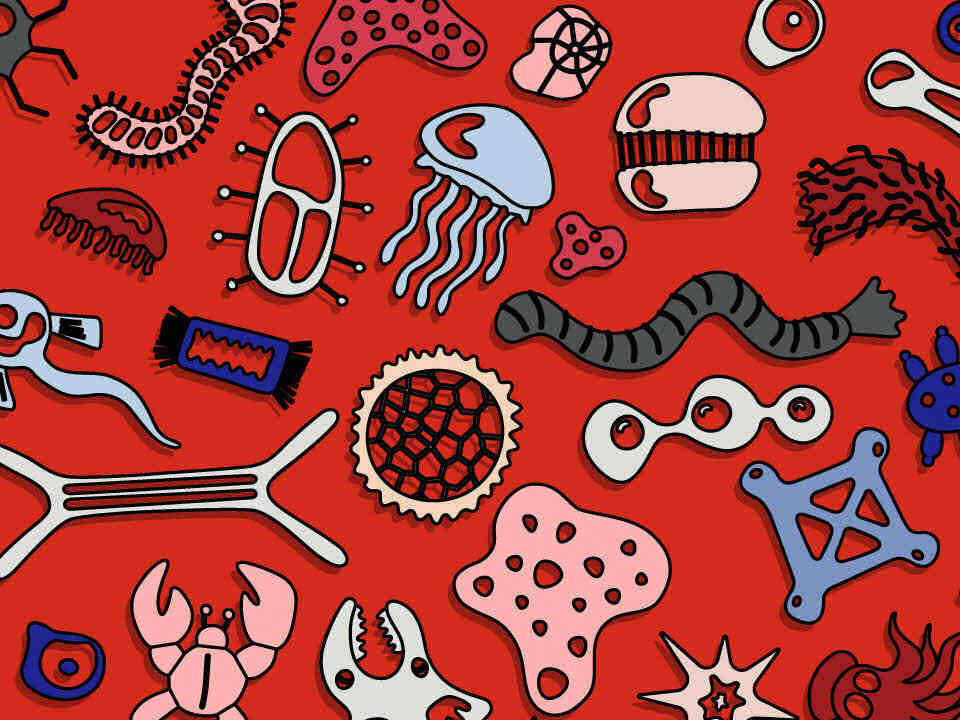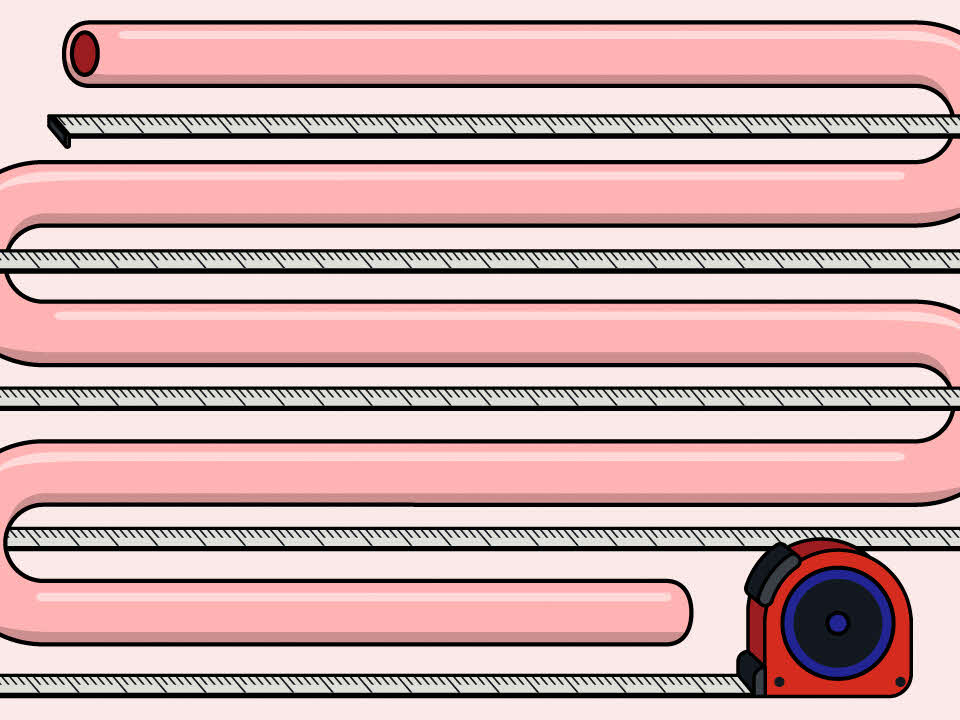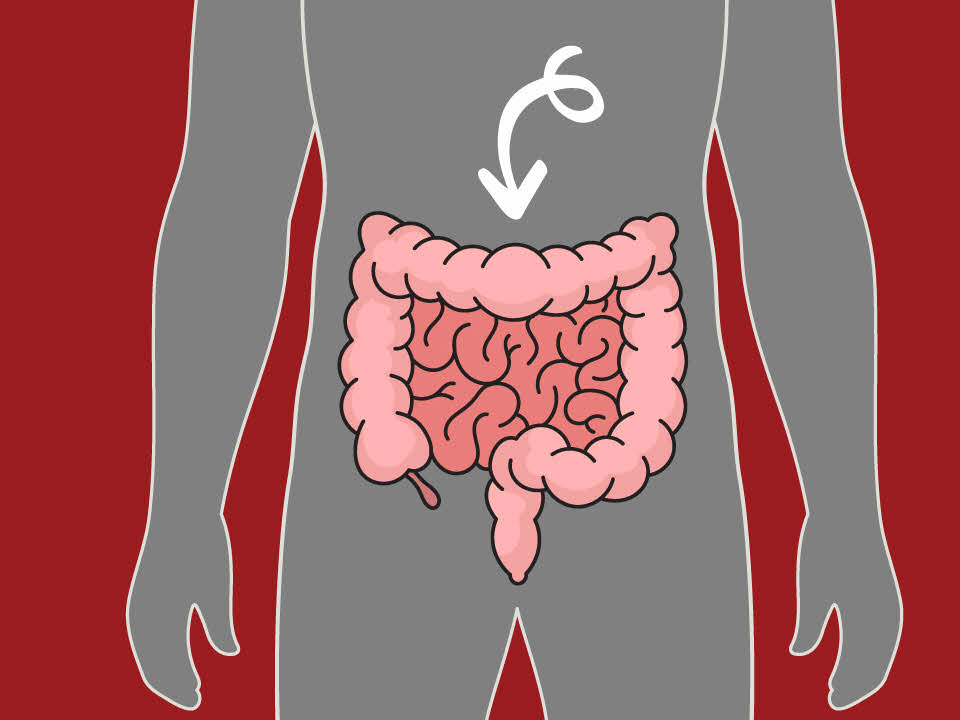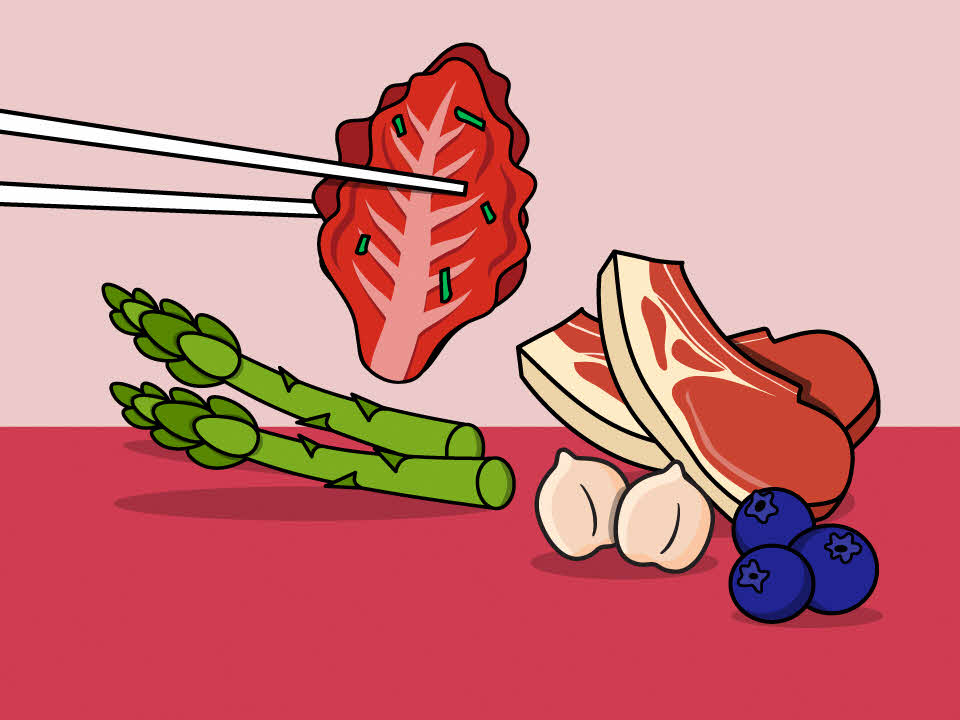Fun facts about your gut
Think you know your gut inside and out? These facts may surprise you
Interested to learn more about gut health? Check out our gut series on Lifepedia.
Do you know that the likelihood of gastrointestinal illnesses increases with age? To protect yourself against critical gastrointestinal illnesses, consider the
GREAT Critical Cover series. This comprehensive plan that provides 100% lump sum coverage against up to 53 critical illnesses, including colorectal cancer – one of the most common cancers in Singapore.
Sources:
- https://www.activesgcircle.gov.sg/activehealth/read/eatbetter/a-healthy-gut-for-a-healthier-you
- https://www.chp.edu/our-services/transplant/intestine/education/about-small-large-intestines
- https://www.channelnewsasia.com/advertorial/happy-gut-and-body-enhanced-immunity-2105146
- https://www.healthline.com/health/types-of-probiotics#benefits
- https://www.psychologytoday.com/intl/blog/urban-survival/202106/8-surprising-facts-about-your-gut-microbiome
- https://www.healthline.com/health/digestive-health/how-long-are-your-intestines
- https://my.clevelandclinic.org/health/body/23110-cholecystokinin
- https://my.clevelandclinic.org/health/body/22135-small-intestine#function
- https://my.clevelandclinic.org/health/body/22134-colon-large-intestine
- https://www.healthxchange.sg/syndication/Pages/bloated-after-meals-toss-these-foods.aspx
- https://my.clevelandclinic.org/health/body/the-gut-brain-connection
Let us match you with a qualified financial representative
Our financial representative will answer any questions you may have about our products and planning.




